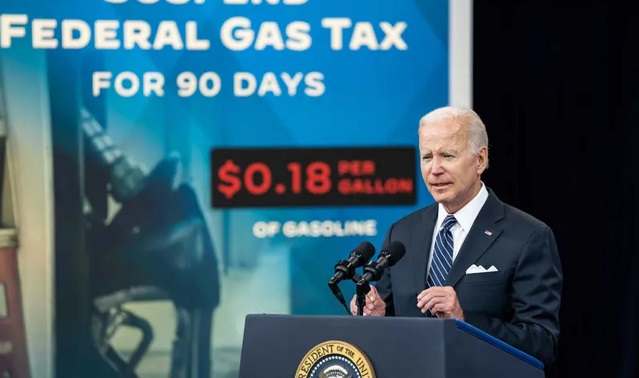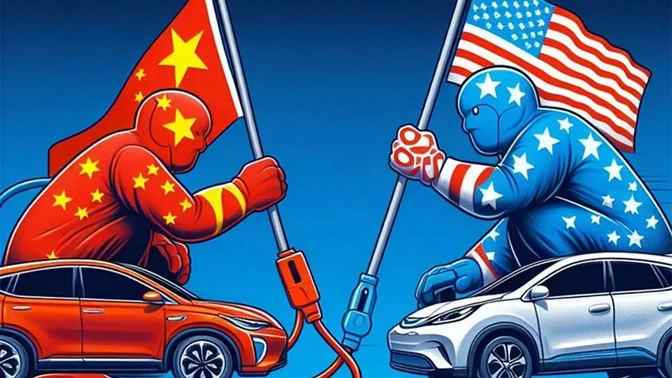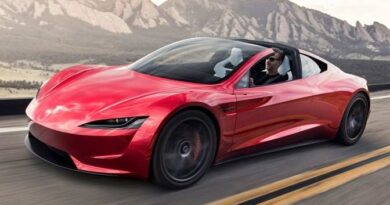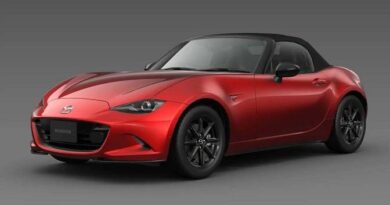The US raises tariffs on Chinese imports to unexpected levels, up to 102% for electric cars.
The US raises tariffs on Chinese imports to unexpected levels, up to 102% for electric cars.
The United States government has reviewed the tariffs imposed on imports from China, initiated in the previous Trump administration. This movement attracts a lot of attention and is not surprising since we are in an election year in the North American country to elect a new president.

Many products from the Asian giant have seen their entry tariffs raised into the country, and other new products have new surcharges. Everything related to the electric car industry has seen these tax rates increase to the point that electric cars have been the ones that have made the big leap.
Tariffs on Chinese electric cars have been multiplied by up to four, going from 25% to 102.5% outrageous. Beyond the political interest in the upcoming presidential elections in November, in which Joe Biden and Donald Trump curiously face each other (who proposed a fixed tariff of 60%), is also to boost national manufacturing, especially all in industries considered critical.
More tariffs against China
The United States imposes more aggressive tariffs on all products, including health products such as syringes, respirators, and masks. Other examples that affect the automobile industry are semiconductors, lithium-ion batteries, and solar cells.

The issue of semiconductors is of vital importance in the country since the current government has opted to boost national production through billions of dollars in subsidies: tariffs on semiconductors from China will rise from 25 to 50% next year. Some critical minerals also have a new tariff for 2024, which will be 25%, like lithium-ion batteries. For their part, solar cells have doubled their tariffs to 50%.
“China is using the same playbook it used before to boost its growth at the expense of others by continuing to invest, despite Chinese excess capacity, and flooding global markets with exports undervalued due to unfair economic practices,” Lael says. (Brainard)Director of the National Economic Council.
According to estimates by the North American government, these changes will affect around 18 billion dollars in annual imports. The new tariffs will come into force between 2024 and 2026. Now, it remains to whether China will retaliate or not.
Analysts have been sending messages of concern for some time about threats not from the current government but also from aspiring President Donald Trump, about the risk of imposing this level of tariffs on electric cars. Above all, taking into account that a large part of the vehicles and, above all, the batteries use components from China. Will Xi Jinping’s government take any action in this regard?
Source- Automotive News Europe
Related Post



